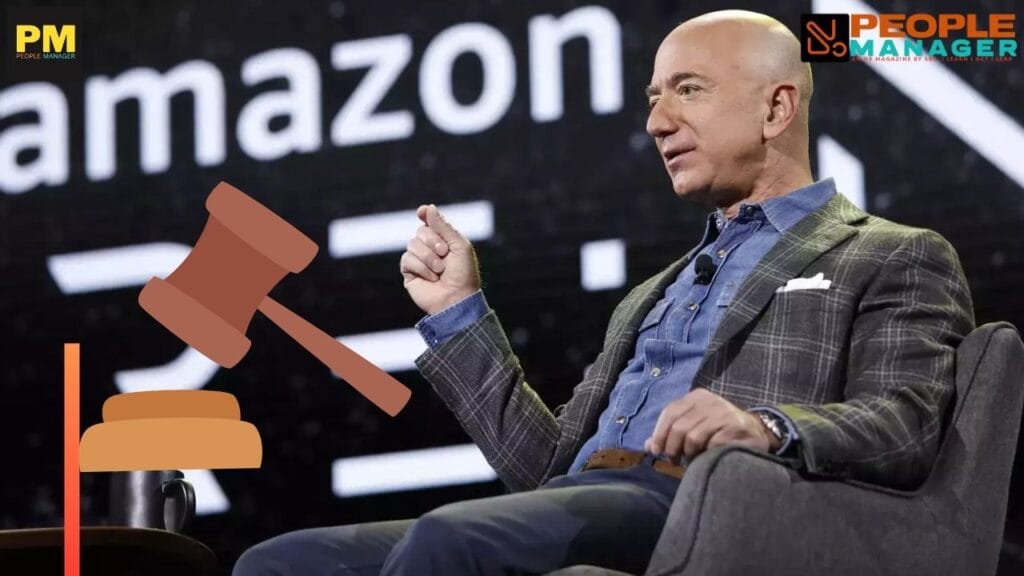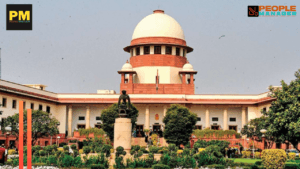Amazon CEO Accused of Labour Law Violation: A Deep Dive
Andy Jassy’s comments pertaining to unionisation during public interviews in the past have landed him in trouble with the National Labour Relations Board

In a recent development that has sent ripples across the corporate world, Amazon CEO Andy Jassy has been accused of violating labour laws. His comments on unionisation during public interviews have landed him in trouble with the National Labour Relations Board (NLRB).
Jassy’s Controversial Comments
In various interviews, Jassy expressed his views on unionisation, suggesting that it would compromise employees’ empowerment and slow down progress. He implied that employees would fare better without a union, as they could expect improvements at a faster pace and with fewer bureaucratic hurdles if they were not part of a union. He further suggested that things happen faster and more smoothly when employees are directly connected to their managers, which would not be possible if there was a union in between.
The NLRB’s Stand
The NLRB took exception to Jassy’s comments, interpreting them as an attempt to actively discourage employees from joining unions. Instead of informing employees that unionisation might make it more difficult for them to maintain direct links with their managers, Jassy was seen as implying that unionisation would make them less empowered.
Charges were filed against Jassy by the Amazon Labour Union for making what were termed as ‘persuasive’ or ‘coercive’ comments at various summits, in public. The ruling underscores the need for leaders to exercise caution with their words in public, especially when it comes to sensitive matters such as unionisation, given their legal implications.
Amazon’s Response
Amazon, however, is reportedly considering the Judge’s ruling as going against freedom of speech. If the ruling is upheld, Amazon will have to issue a notice across the US clearly stating that it will never threaten its employees by implying lesser empowerment as a result of unionisation; that unions will result in slower action due to increased bureaucracy.
Implications and Conclusion
This incident serves as a stark reminder of the delicate balance that corporate leaders must maintain while addressing sensitive issues such as unionisation. It also highlights the role of regulatory bodies like the NLRB in safeguarding the rights of employees and ensuring fair practices in the corporate world.
While the final outcome of this case remains to be seen, it has undoubtedly sparked a conversation about the role of unions, the importance of direct communication between employees and management, and the boundaries of freedom of speech in a corporate context. As the world watches, the case could potentially set a precedent for how leaders can discuss unionisation and other sensitive topics in the future.
Stay tuned, to PropleManager.co.in for further updates on the evolving workplace paradigm.
Value our content… contribute towards our growth. Even a small contribution per month would be of great help to us. Since our establishment, we have been serving the industry through daily news and updates.
Our content is free for all, and we plan to keep it that way
Support the People Manager. Pay Here
- Pernod Ricard India introduces Cheers VRorld, an industry-first VR-powered onboarding experience in the Alco-Bev sector - February 11, 2026
- Jio-bp Appoints Sareeta Bhatikar as Chief Human Resources Officer to Steer Next Phase of Growth - February 11, 2026
- India Keeps Hiring as Global Markets Slow: Michael Page India Salary Report-26 - February 6, 2026









